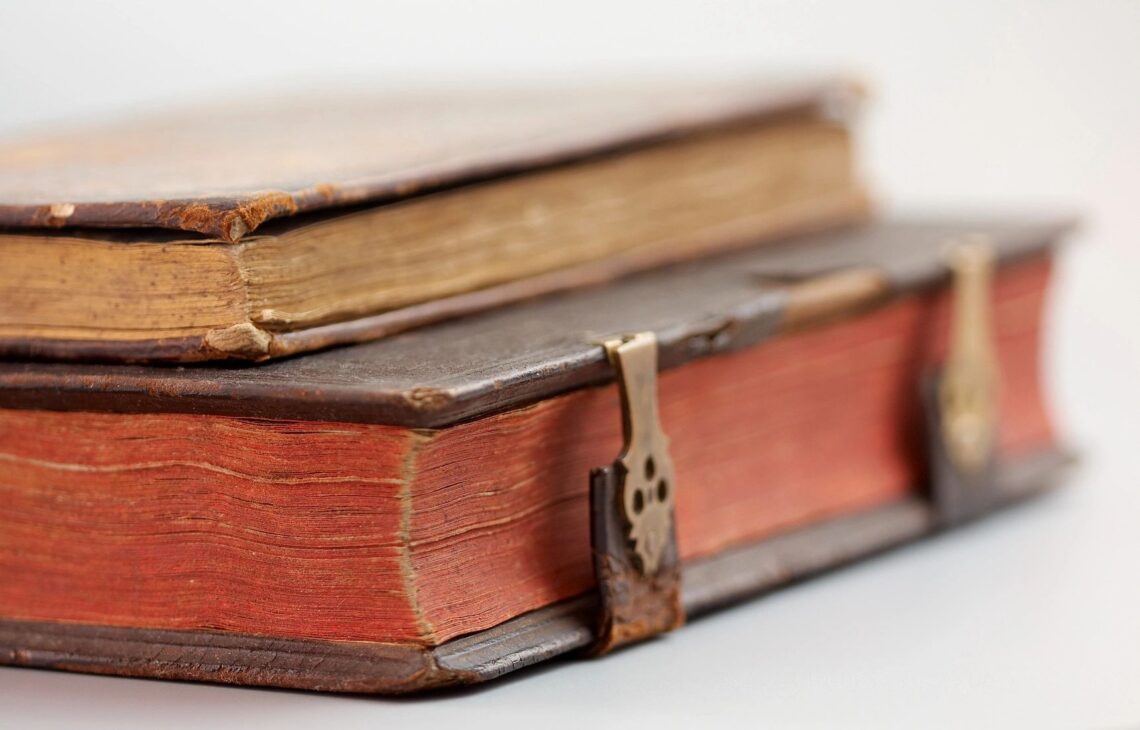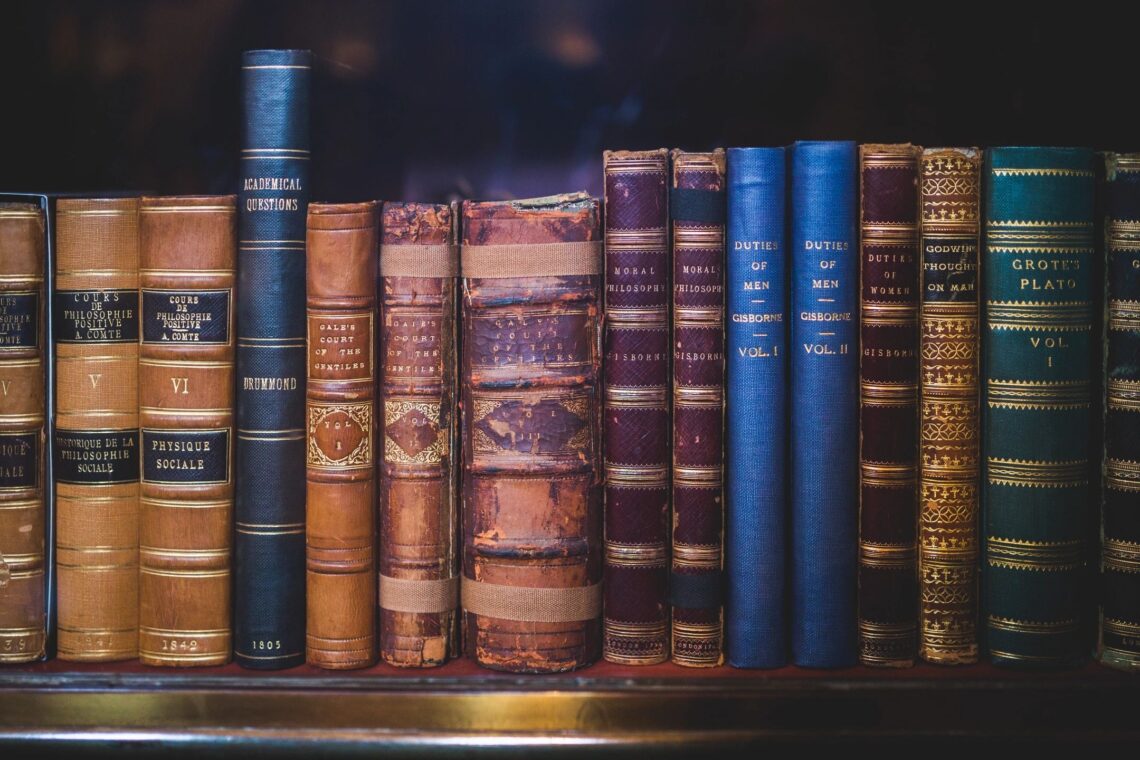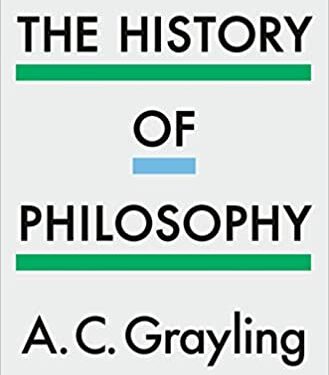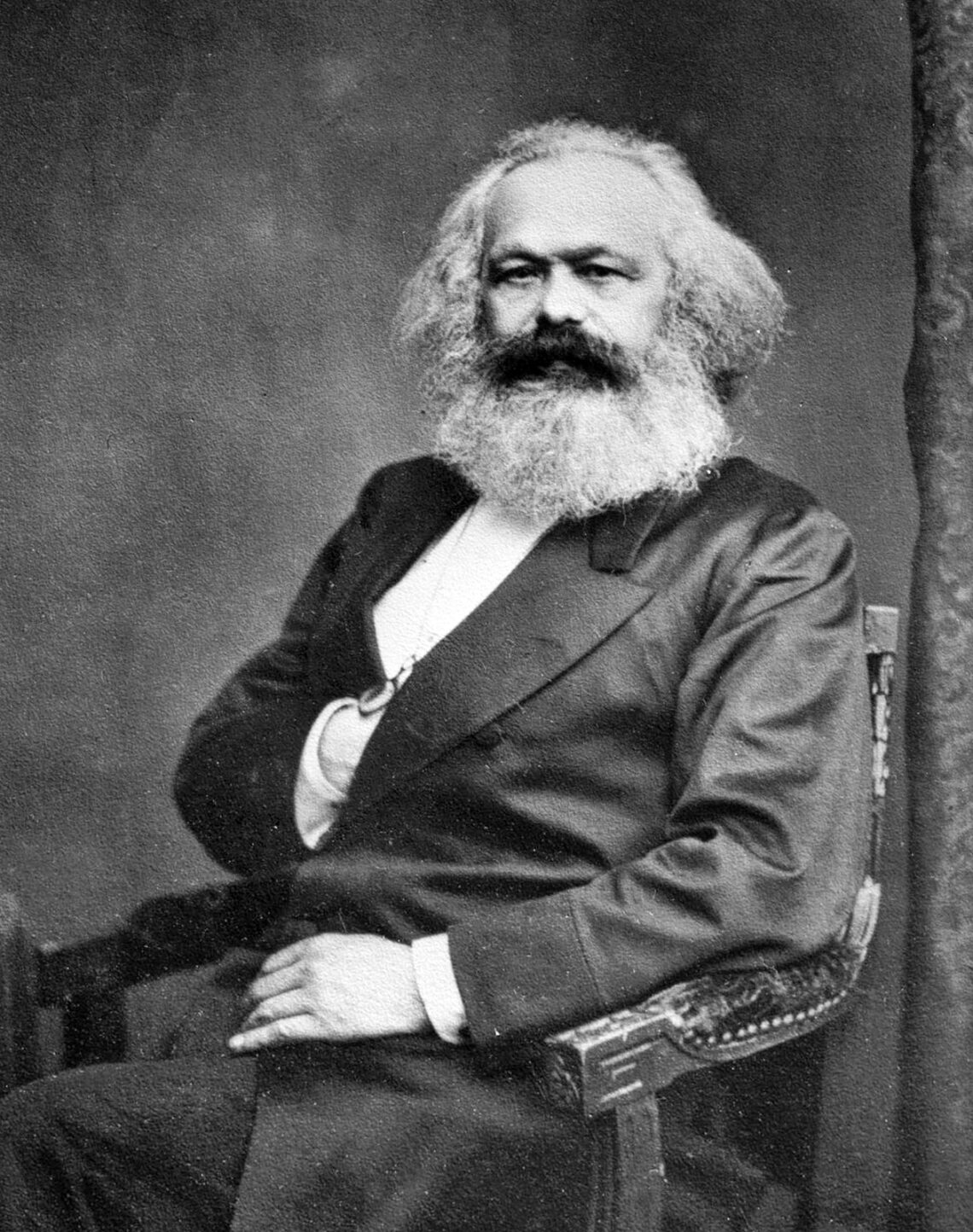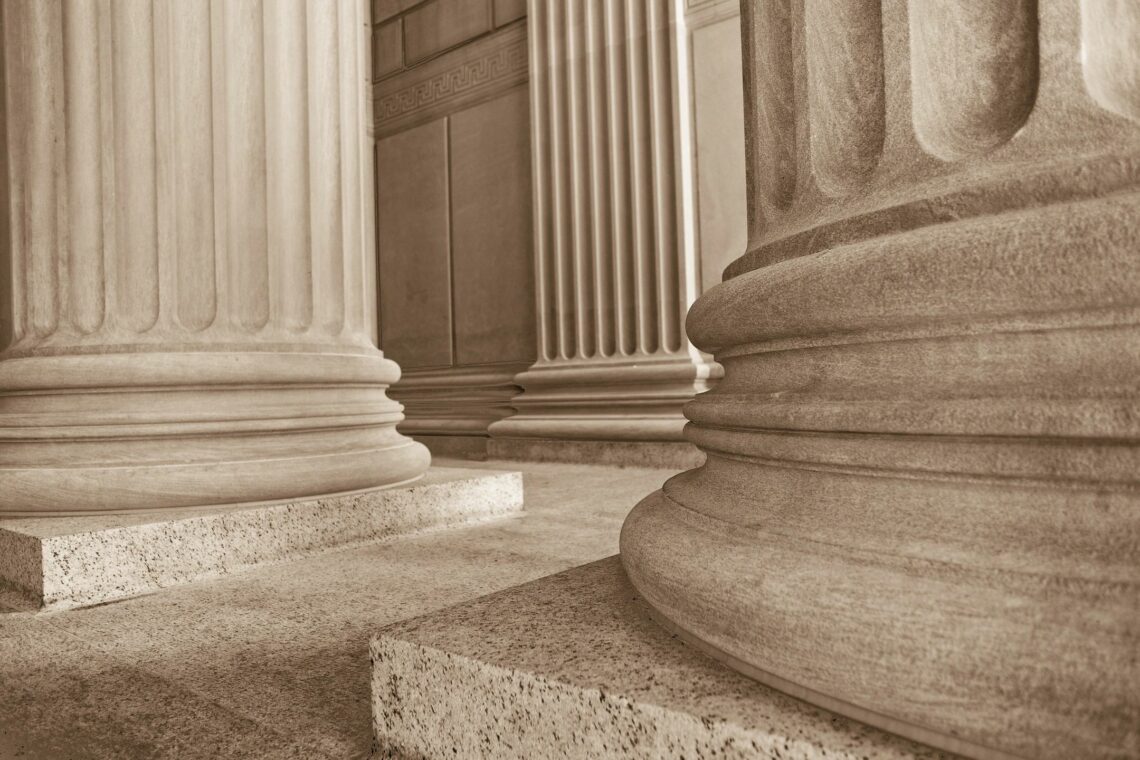The project of constructing a history of philosophy comprises at least three projects, two of which are explanatory and one evaluative. First, a history of philosophy seeks to explain our present circumstances, especially their intellectual foundations. As A. C. Grayling puts it, “Philosophy’s history … is a retrospective construct. It is chosen from the wider stream of the history of ideas in order to provide today’s philosophical concerns with their antecedents” (A. C. Grayling, The History of Philosophy, xv). Tracing the origin of an idea explains how we got where are. It also demonstrates that the intellectual problems we presently face are not novel. They are problems with an intellectual history. Often we…
-
-
Should We Read Books by Bad People?
I am sometimes asked why we assign readings by people who exhibit bad character or perform immoral acts. Of course, there aren’t any morally perfect writers, but there are plenty who have done or supported pretty terrible things. Why lend their lives credence by exalting one of their works to a list of ‘great’ books? On one view, certain immoral acts should be condemned by ignoring all the works of those who perform them. After all, works are expressions of the characters of the people who authored them. Consequently, those expressions are as bad as the one who expressed them. Call this the strict censure view. According to this view,…
-
Five of the Best: History of Philosophy Books
It is not strictly true that philosophers only write in the present tense. There are a good number of philosophers who turn their pens from analysis to narrative. Some, in fact, are quite good at it. Here are five of the best histories of philosophy in no particular order. First, a new one: A. C. Grayling’s The History of Philosophy. Grayling, master of New College, London, is a teacher by trade and by nature. He has a unique knack of explaining something quite complicated in an intelligible way. He also writes about the characters of philosophy with a good deal of personal interest. His tone always suggests that he is…
-
On The Communist Manifesto
In order to understand Marx, you must understand Hegel. But no one can understand Hegel. Ergo… Okay, so perhaps we don’t have to completely understand Hegel but merely get a rough grasp of what he was saying. Hegel was born in 1770, taught philosophy at the University of Jena until it was closed down in 1806 after Napoleon overcame the Prussian army, and taught at the University of Heidelberg from 1816 until his death from cholera in 1831. Hegel’s greatest contribution to philosophy is his view of history. Hegel thought that the flow of history has its own internal logic. The logical process of history is like the maturing of a spirit. Just…
-
Government: What’s the Point?
In an era when people are both fascinated and cynical about politicians and governments, it is worth pausing to ask: what exactly is the purpose of government? What is it supposed to do? In order to answer this question, we ought to first consider the kind of thing that is going to be governed – human beings. If we don’t know anything about human beings, it’s no good suggesting we know how to look after them. The problem is that we can’t merely consider them as they are now, under the authority of governments. Instead, we have to consider human beings as they might be without governments or institutions. Philosophers…
-
Art: Crisis, Creativity, and Christianity
In the early part of the twentieth century, a crisis took place in the art world. Objects that were not beautiful were hung in galleries as art. Most famously, in 1917, Marcel Duchamp (1887-1968) submitted a urinal to an exhibition in New York. His piece was called “Fountain” (1917). If that could be considered art, then surely anything can be. The art crisis provoked questions. What counts as art? What is the nature of art? What makes it valuable? Definition of Art What kinds of objects count as art? Think of as many pieces of art as you can. You will probably come up with a list that includes things like paintings,…
-
The Search for Meaning, Truth and Knowledge.
I have been perusing an old book by Simon Blackburn called Spreading the Word. In it, Blackburn has a very helpful little section describing the relationship between mind, language, and the world in the form of a triangle the corners of which are connected to one another by theories. The mind corner is connect to the world by a theory of knowledge and connected to the language corner by a theory of meaning. The world corner is connected to the language corner by a theory of truth. The idea is that one chooses a corner from which to develop theories for the sides. The task then becomes ensuring that one’s corner contains…
-
What is Human Nature?
During the nineteenth century, Charles Darwin presented a view that was to have a revolutionary effect on how we conceived of ourselves and our place in the world. Darwinism stood opposed to the two traditional views that had been assumed for centuries, the Classical view and the Judeo-Christian view. According to the Classical view, human nature is primarily distinguished by its rational capacities. For example, Plato considered the human soul to be composed of reason, will, and appetite. Plato thought that reason should govern the appetite and enforce its conclusions through the will. Similarly, Aristotle thought that humans are ‘rational animals’, sharing much in common with our creaturely neighbors but…
